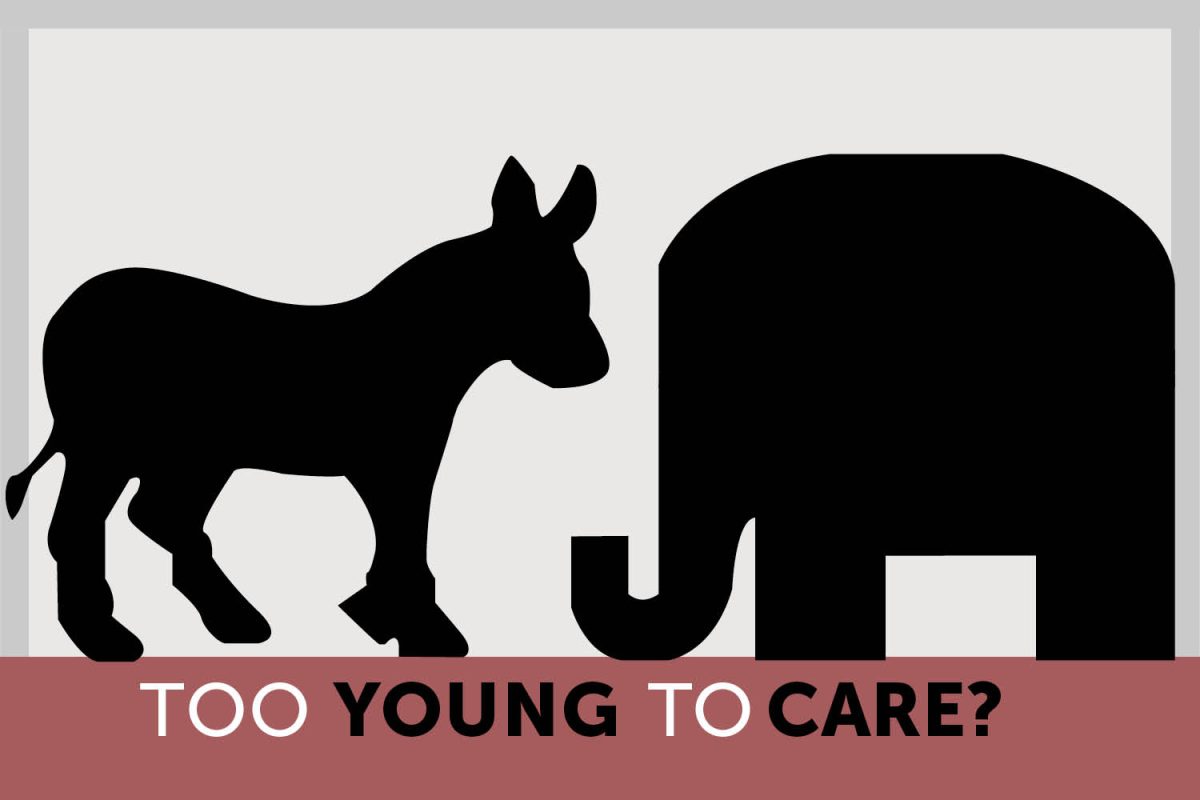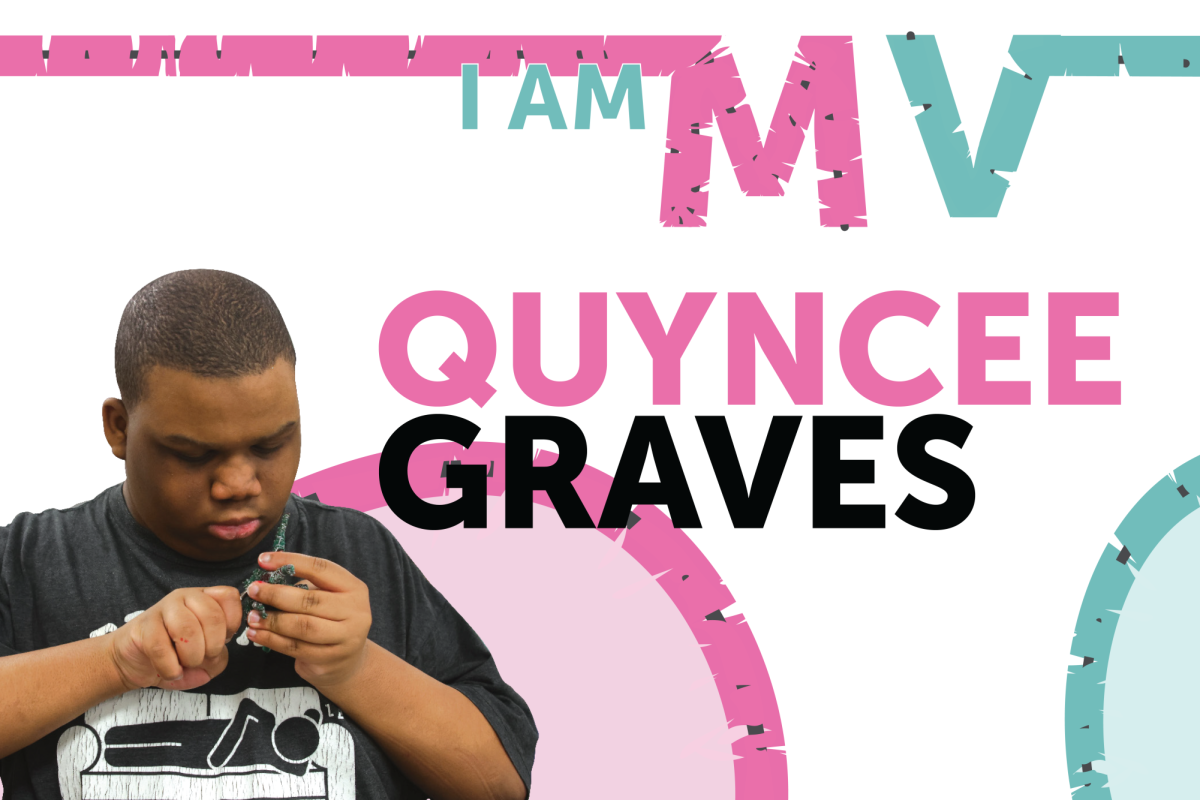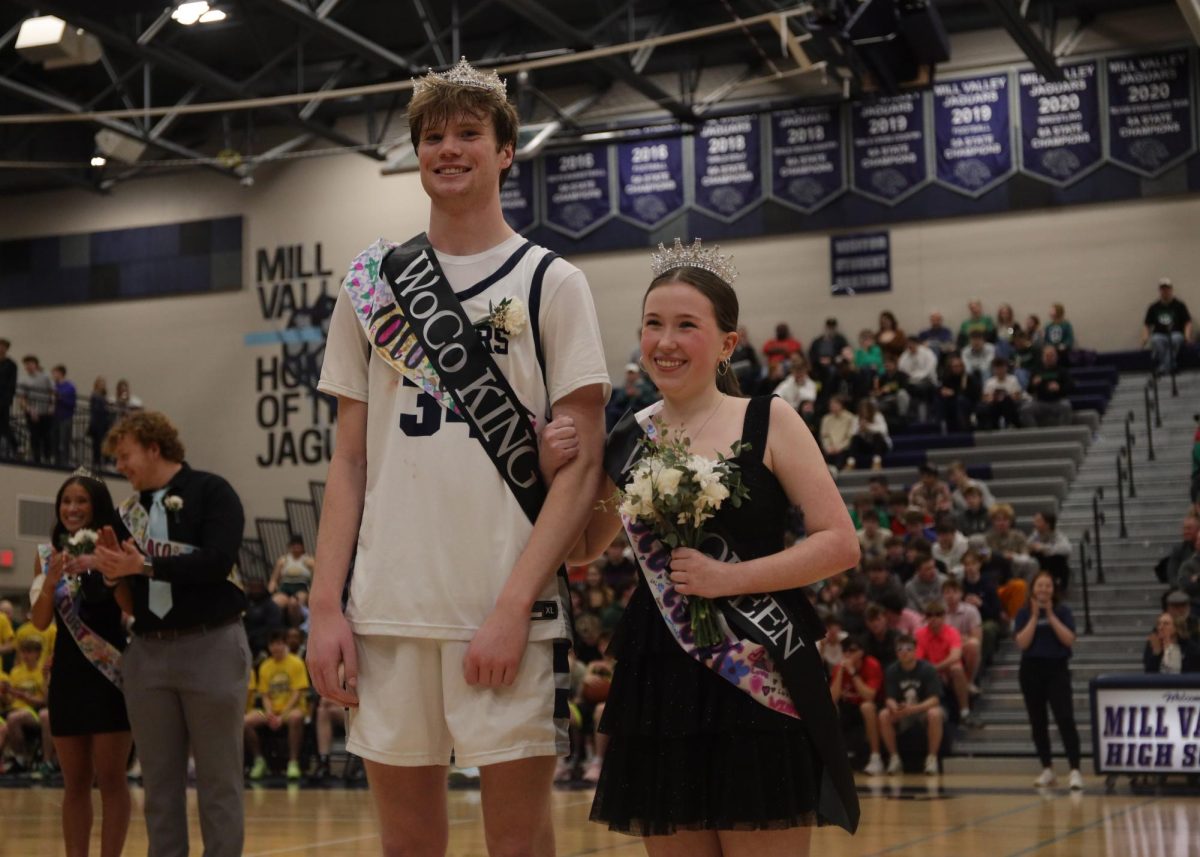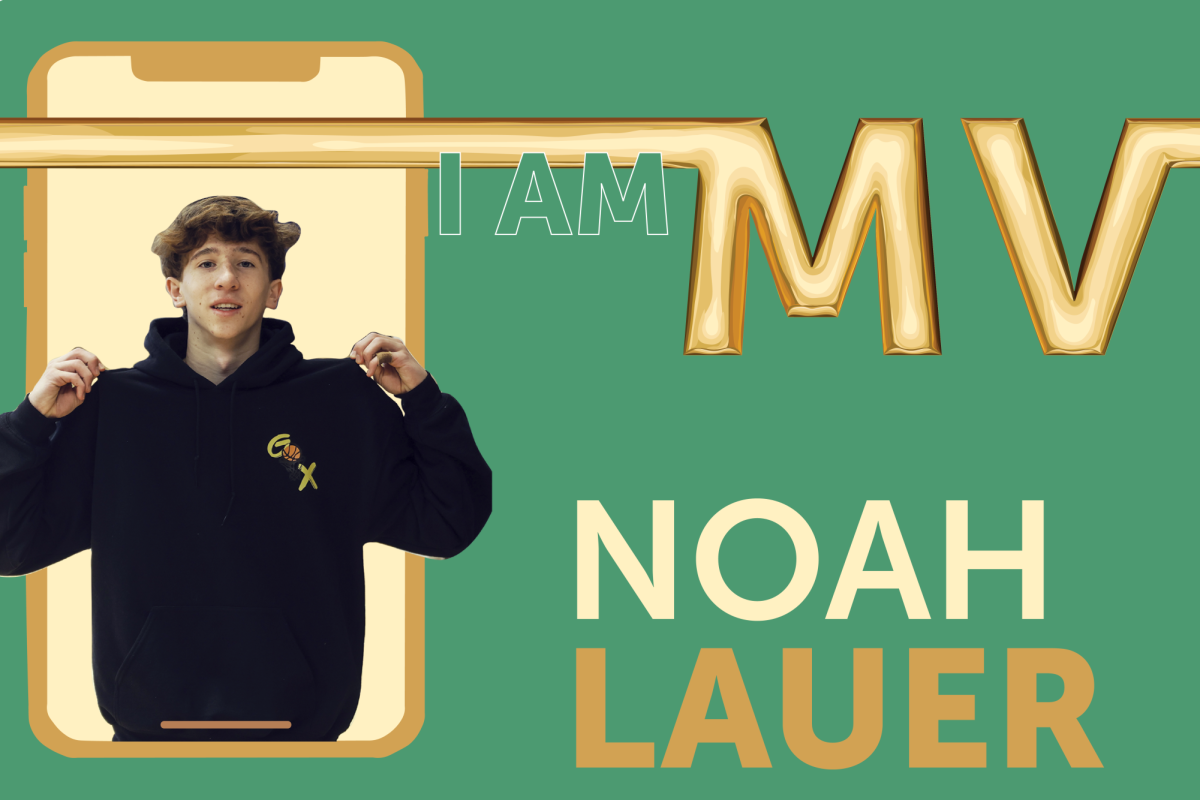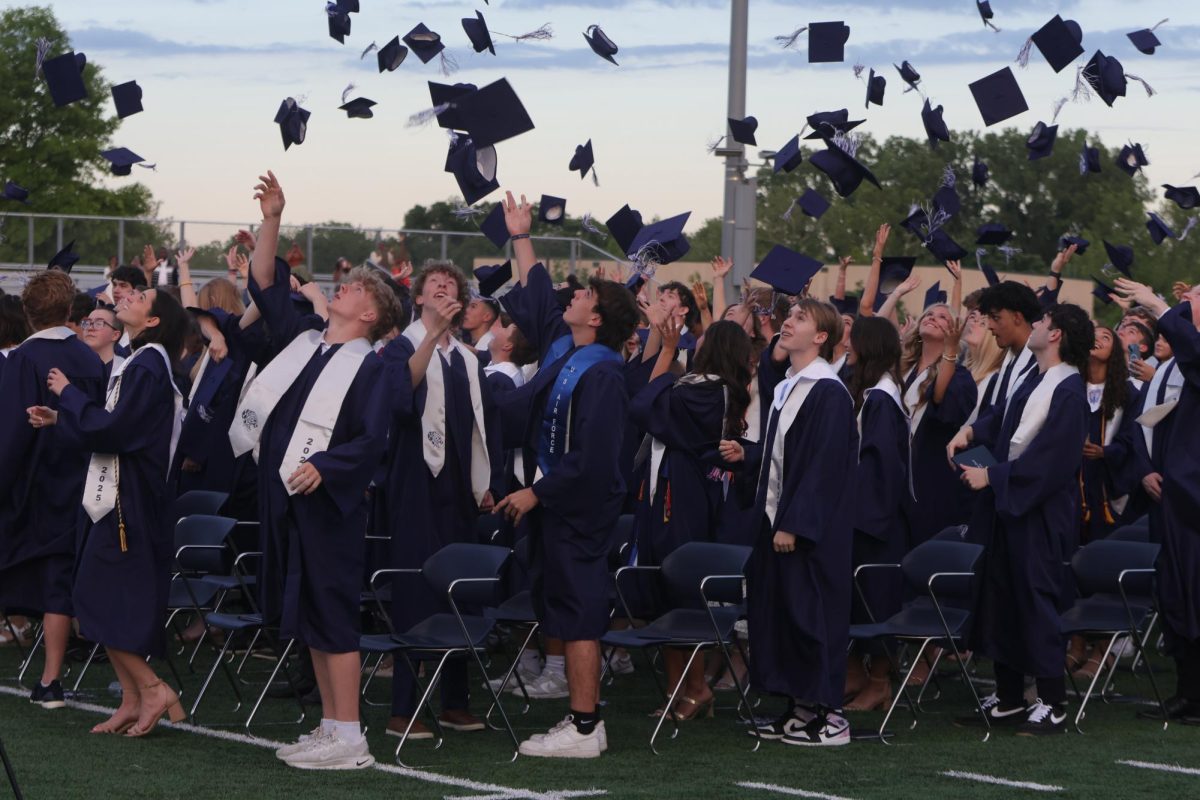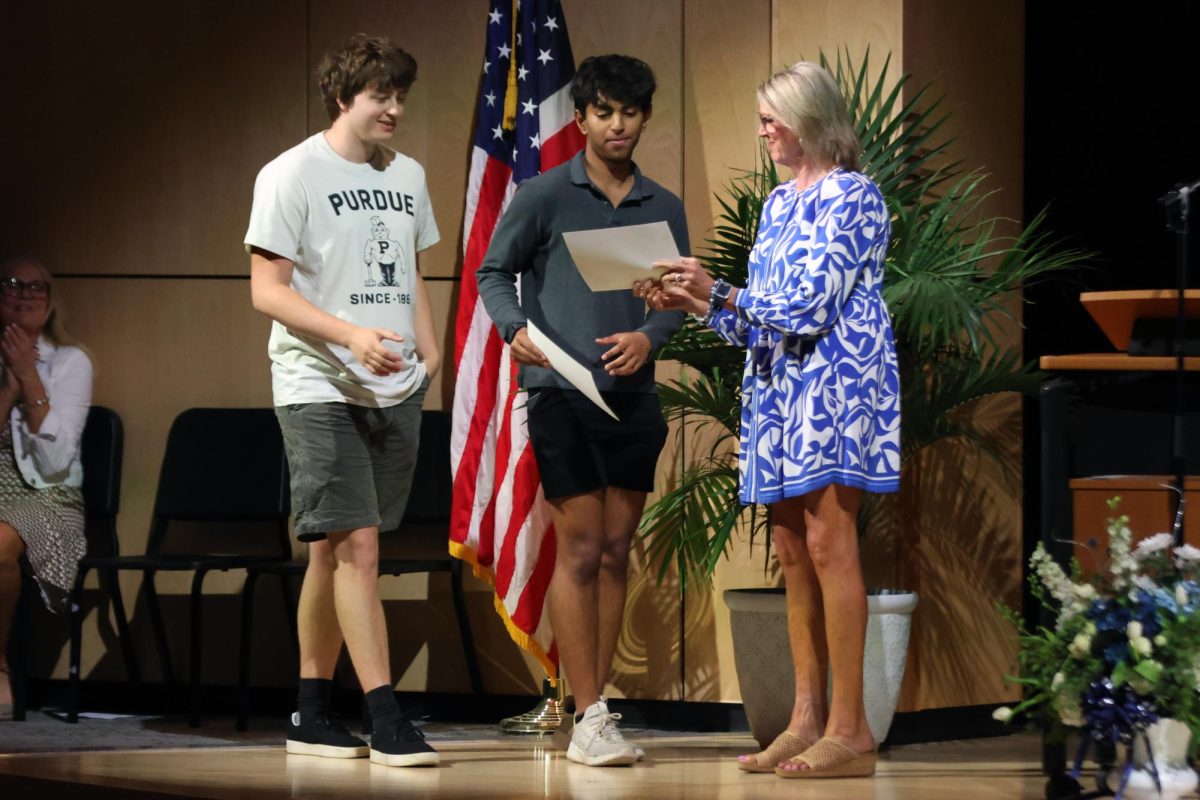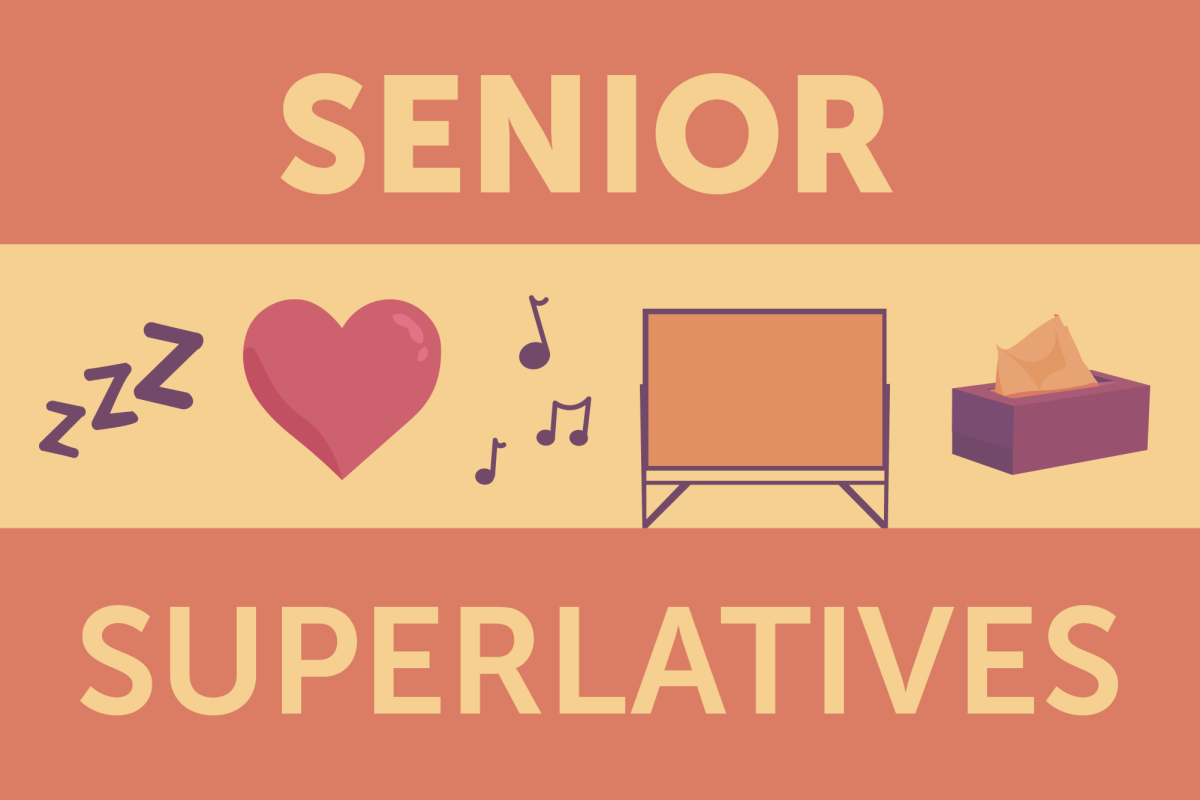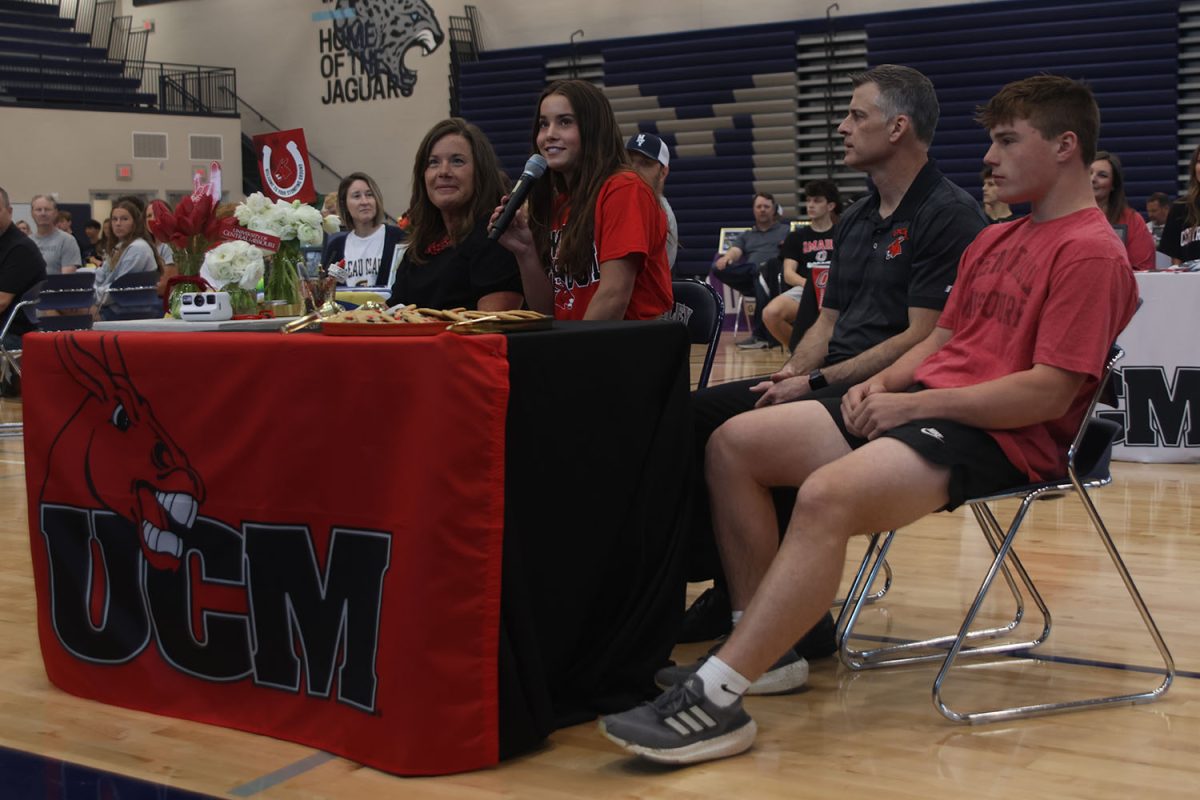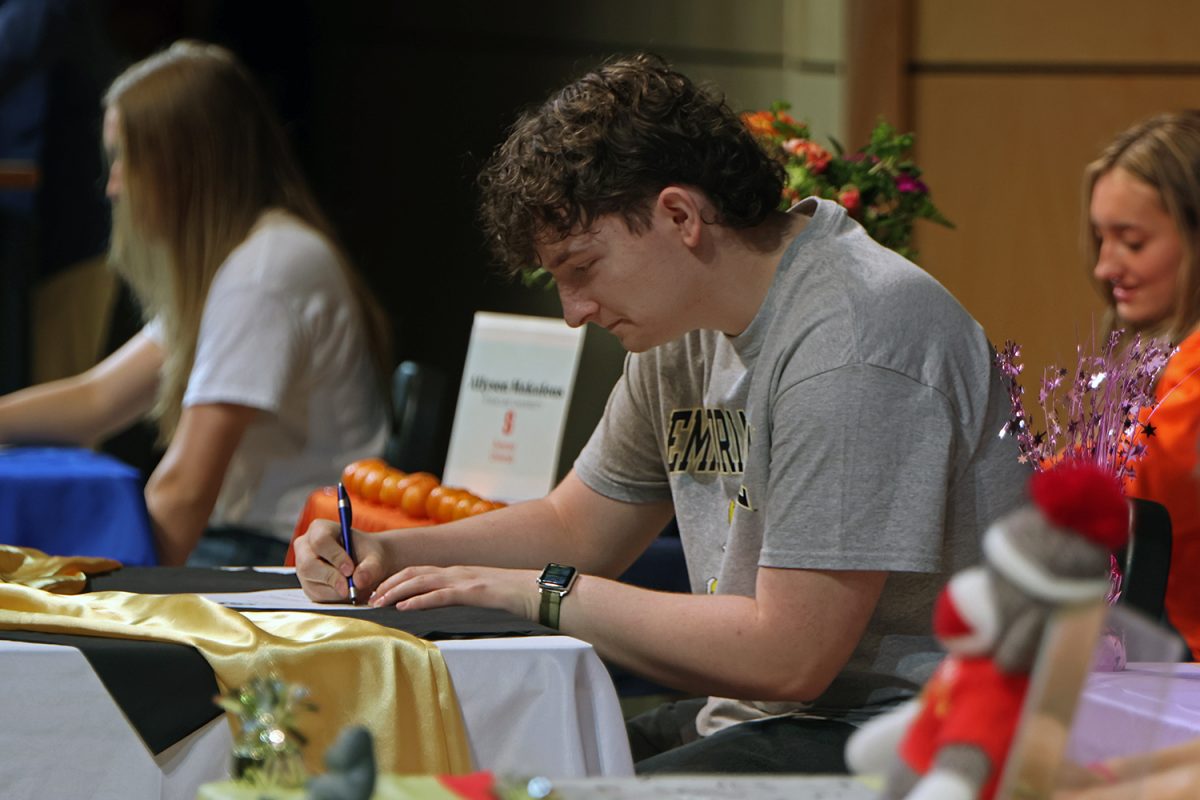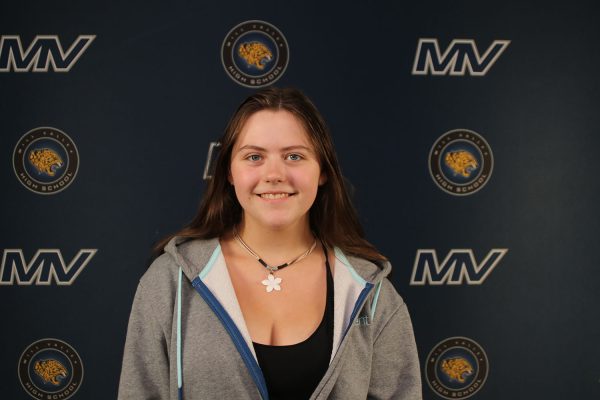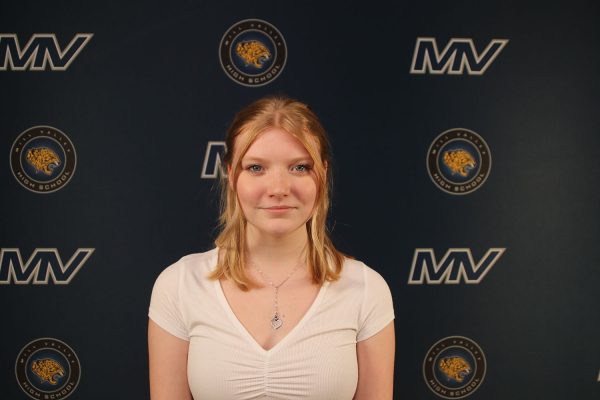Staying Involved
With the presidential election occurring this year, it’s one of the most important ways adults in our country can be involved with our government. But this seems obvious to the adults in our country, as Pew Research Center (PRC) states that over two-thirds of the adults registered to vote filled out their ballots in the last election.
Without an obvious way for those under 18 to make their voice heard by voting, it makes sense that teenagers wouldn’t feel the need to stay informed on government policies. But according to Young Citizens, there’s a direct correlation between minors who care about politics and those who are more likely to vote in the future.
If you watch TV, or have social media, you might be seeing constant advertisements telling you to register to vote, emphasizing the importance. This can make it seem like caring about politics is only valuable if you can fill out a ballot.
Voting is not the only way to stay involved with politics, and especially not the only way to support your beliefs.
Many teenagers choose to protesting or post and repost political views on social media to make sure their voices are heard, even before they can vote.
Posting online is an easier and more popular way of sharing beliefs, and Pew Research Center states that 57% of the country believes it’s a good thing for our democracy.
Up To Date
Staying up to date with political news has shown to be difficult for a majority of the youth. According to a survey by Tufts University, only 40% of youth say that they feel well-qualified to participate in politics.
Although being politically up to date is a struggle for many, having a basic understanding of how the government works can be difficult as well. In a survey by the Institute for Citizens & Scholars, young adults, regardless of education level, lack basic civic and political knowledge, answering an average of only 1.6 questions correctly out of four standard civics questions.

Social studies teacher Tina Keith believes having an understanding of how the government works and being politically knowledgeable helps students become better citizens in the community.
“I think all students should understand how our political system works, and we, in this district, start teaching students about civics and being active participants and good citizens from the freshman level and probably before at the middle school as well,” Keith said. “But especially senior year, we’re trying to prepare them to be active citizens within the community, not just the country, but locally as well. So I think it’s just really important that they’re educated and that they learn to do their own research and make their own conclusions and decisions.”
Being politically aware allows students to formulate their own opinions, according to social studies teacher Jeff Strickland.
“[Students should be up to date] so people do not take advantage of them in high school, and so they have a knowledge base for when they’re able to eventually vote,” Strickland said.
Additionally, Keith wants her students to be educated voters and use research to back up their opinions instead of just their emotions.
“I think it is important for young people to vote, but I think more importantly, it’s important for people to be educated voters. Young people tend to be pretty passionate about things, and sometimes the passion can outweigh the research,” Keith said. “I think that my job as an educator is to make sure to teach kids how to look things up and the importance of needing to look those things up.”
Freshman Asher Clement agrees, believing that being up to date with political news helps people make better decisions.
“It is pretty important because you need to know what to pull in the world so you know why and what changes you make to counteract bad things or to help the good things that are going on,” Clement said. “It’s important to understand what is going on.”
Political Perspectives
The election is a very important political event but is most of the time overlooked by most high school students. This could be for multiple reasons in students such as lack of knowledge and not seeing any results from people in office.
There are many reasons why teens should follow the election and its candidates. The bills and laws that are passed are the future of the country and to not vote for the people passing these bills could lead to future problems for our country.
Students are hesitant to trust politicians and what they have to say and that can be a really good thing to be aware that not everything a candidate says is true. Strickland urges his students to not always believe everything they hear.
“Politicians lie, [so] fact check while you’re watching those debates,” Strickland said.
While this can be true there are some candidates that are for our country and our voices. Students often have lots of different influences when it comes to how they develop their thoughts and beliefs. While it is important to keep an opinion it is equally important to keep an open mind going into any election.
“I do it because they can, you know, help fortify your opinions and may change your mind about stuff you want to see.” Strickland said.
It might also be very difficult for some students to speak out on their views because it might go against that of their families or friends.
There needs to be a better way of directing the attention of students to politics and why it’s important for them to be informed. But also give them a good reason to care.
This would allow for students to be more engaged and want to learn more about politics. And how they could get more involved.
It’s important for students to follow closely. Understanding and grasping what is happening in our country is still incredibly important.
Students must be able to form their own opinions and beliefs about politics. If students don’t do their own research it allows for politicians to provide false information without being held accountable.
With students not being interested in the presidential election it’s harder to get attention on local elections and get them to vote. With lower amount of press coverage and also lower funds. It can be difficult to build a platform with younger people.
The presidential election doesn’t have as big an effect on day to day life as local elections do. The senators being elected have much more control on what goes on in your town and the cities around you.
It is very important to listen to these candidates and their policies as it determines the future of Kansas.
Being Aware
One of the reasons students might not seem to stay updated on politics is the lack of conversation about it at school. Senior Raina Frantz details her reasoning for not starting these political conversations.
“I didn’t know much of why I believed what I believed [before I researched why], and I didn’t feel like I could defend myself, so I was definitely scared to say my views on some topics.” Frantz said.
A common way to understand these beliefs is by watching national news channels such as Fox or CNN. Strickland emphasizes the importance of these news outlets, but how to use them as a resource.
“If you’re going to use mainstream news agencies don’t look at just one side,” Strickland said. “If you first look at Fox News, then look at CNN [to cross examine].”
Additionally, using the internet and Googling policies or specific politicians can be a way of using your resources to stay updated. Frantz details how she uses this strategy to her advantage.
“I stay updated through news articles and web pages,” Frantz said. “Then I look up the information on Google and make sure it’s accurate. I don’t just trust [the articles] right off the bat.”
A more popular way of staying informed could be watching social media, such as TikTok or Instagram, and taking the information from there. The problem with this is that it could lead to misinformation, since anyone could post anything. Clement details how he uses TikTok to stay informed while also making sure he’s getting accurate information.
“I get most of my information [on politics] from TikTok,” Clement said. “Then I’ll Google [the video] and make sure it’s reliable. I don’t just trust everything I see online”
Students who aren’t able to vote might not realize the position they’re in. According to the Kansas Secretary of State’s Office, only 59% of adults in Kansas voted in the last election. Not only that, but an estimated 300,000 adults in Kansas weren’t even registered to vote.
Even though the media might seem to constantly be discussing the presidential election, the fact is most students, and even a handful of the country doesn’t feel like their opinion would matter even if they’re able to vote.
Pew Research Center shows that one in 10 adults don’t feel like their vote counts, and so they don’t bother to vote. The largest age group to not even learn about the election or the candidates was 18-29 years old.
This means that this election, and the next one, could be crucial for upcoming graduates to make their voices heard. If the largest group of people who aren’t informed about the election all casted a vote, the thousands of voices could possibly sway electoral votes.
The privilege of getting to voice your opinion is important because not everyone is able to express their views. Countries like Afghanistan, Pakistan and Bangladesh don’t even give their citizens the ability to vote.
Not only do a large majority of countries not have the ability to vote, but the United States didn’t allow every adult to vote until 1971, when the voting age was lowered from 21 to just 18. Those who don’t vote when they’re able to don’t have a say in our government’s policies. Take advantage of the privilege not many citizens aren’t able to have, vote.




